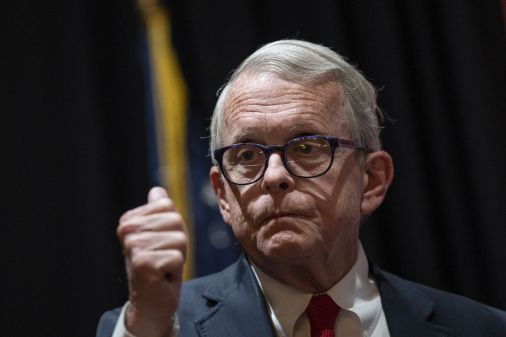Lawmakers worry FirstNet won’t cover more remote areas
FirstNet CEO Michael Poth attempted to assuage concerns from Senate lawmakers that rural areas would not receive the full benefit of the national public safety broadband network currently in development.
Testifying before the Senate Commerce, Science and Technology’s Communications Subcommittee Tuesday, Poth said the user fees paid by urban areas would support expanding the network to more remote places. Though, he acknowledged that 100 percent coverage across the country would be a tall order and said he hopes the private sector will step in.
“With the coverage that’s required, we’re really expecting industry to come back and the technology to evolve to where deployables, satellite technology and those types of things will enable public safety especially in remote areas to still maintain connectivity,” Poth said. “The goal of getting to 100 percent coverage throughout the 56 states and territories, I think is going to be a pretty aggressive goal.”
Several lawmakers were afraid their states could be left behind and suggested that FirstNet — short for the First Responder Network Authority — do more to work with local governments. Sen. Brian Schatz, D-Hawaii, called for FirstNet to partner with state governments as opposed to establishing a “grantee-grantor relationship,” one where the authority called all the shots.
Meanwhile, Sen. Roger Wicker, R-Miss., raised concerns that the initial $7 billion investment wouldn’t cover the full cost of the network.
“Let’s talk about the fact that $7 billion doesn’t go as far as it used to go. The $7 billion really was startup funding, not intended to sustain the network very long,” he said.
Currently, FirstNet is considering bids from vendors to stand up the service, and Poth said his team would make the first award in September. FirstNet plans to deploy the service in 2018. Once the network is in place, communities would have to pay fees to use the network.
The panel also talked about the ability of states to opt-out of the FirstNet plan and create their own public safety network. As it stands, it could be too costly for a state to create its own network, testified Jeffrey McLeod, director of the Homeland Security and Public Safety Division for the National Governors Association.
“To many states, the opt-out scenario is a false choice,” he said. “While there are a number of unknowns associated with opting in, very few states are in a position to consider taking on the unknowable and likely significant financial liabilities associated with building, operating, maintaining and upgrading a full radio access network in their states if they choose to opt out.”
He said FirstNet officials needed to do more to work with local officials, though Poth said his team had made that a priority.
Hawaii has considered establishing creating its own system, said Maj. Gen. Arthur J. Logan, Hawaii’s single point of contact for FirstNet and the state’s adjutant general. If Hawaii is going to use the national public safety network, it must be worthwhile for the state, he said.
“Many states have existing contracts with commercial communication providers that offer some coverage in these areas,” he said in his written testimony. “In the state plans, FirstNet will need to show governors that their proposed coverage provides a value-add over existing commercial options, both in terms of user cost and coverage reliability.”





